WorldTeach: Marshall Islands Volunteer Teaching - Year
- Marshall Islands
About Program
Teach English, math or science in public schools around this unique island nation located in the central Pacific Ocean. Our Marshall Islands program is fully funded by the Marshall Islands Ministry of Education, excluding airfare.
Since 2002, WorldTeach in partnership with the Marshall Islands Public School System, has been providing volunteer teaching opportunities in the urban centers and remote outer islands of the Marshall Islands. The intermingling of tradition versus modernity is stark and the volunteer experience deeply depends on placement. An urban placement in Majuro or Ebeye is defined by the city and its more modern resources. An outer island placement is defined by the confines of the island and limited resources. The choice is yours, WorldTeach only places you on an outer island if you request a remote placement. In both settings, you will experience incredibly warm and welcoming people known for their exceptional hospitality and strong sense of community.
Video and Photos
Program Highlights
- Experience island life
- Fully funded, excluding airfare
- Contribute to previous academic progress
- Varied housing options
- Earn an accredited TEFL certification (optional)






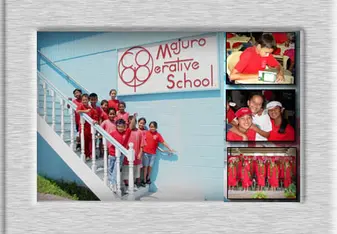

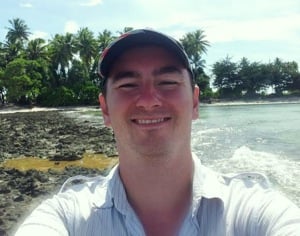
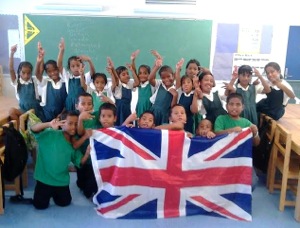
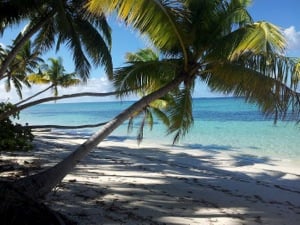
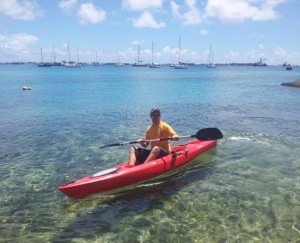

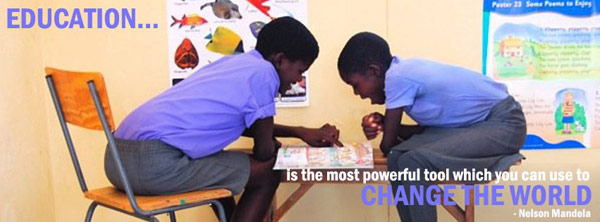


Response from WorldTeach
Thank you so much for taking the time to submit this review, it is extremely important and helpful for us to receive this feedback about our program in the Marshall Islands.
Our primary concern at WorldTeach is the safety of our volunteers. We would not be in the Marshall Islands, nor would have continued the program there for over ten years, if we felt our volunteers were in unsafe living conditions. Our US office and our field staff work with the Marshallese government to ensure the safety of our volunteers, which is our highest priority. If there is an emergency, this may mean chartering a boat or plane to access volunteers in the outer islands. We have worked closely with the RMI to make sure that these options are always available. In fact two years ago the Minister in Assistance to the President personally sent the plane to pick up a WorldTeach volunteer who was thought at the time to have appendicitis.
Life on the outer islands is rural and simple; WorldTeach only places volunteers there that are searching for that lifestyle. In regards to the availability of food in the outer islands, you are correct that sometimes the cargo boats are delayed in delivering food provisions, and there are problems sometimes with local production (or the water supply.) WorldTeach will not leave a volunteer without appropriate food and water, obviously. And we feel the volunteers are the best able to determine if the situation on the island is an appropriate one for his/her needs. These challenges are an aspect of living in a developing country or a different culture that may be difficult for some people to become accustomed to, but that in essence is the challenge of WorldTeach. The urban islands of the Marshall Islands are more developed with additional resources; volunteers are placed in both settings based upon their preferences.
In response to your comment on costs, the WorldTeach Marshall Islands program is fortunate in its funding received by the Marshall Islands Ministry of Education which covers the volunteer cost, including airfare from a designated US departure city. You are correct that volunteers must pay their way to that US city. We clearly communicate this on our website, in pre-departure material, and through direct communication with volunteers that there is the responsibility to get to and from this gateway city. Additionally, all WorldTeach volunteer stipends are simple living wages for daily necessities, and extra costs are the responsibility of the volunteer. This of course requires some budgeting but the stipends are generally felt to be sufficient to cover the basic necessities.
WorldTeach highly values our Orientation, which starts upon arrival to the country and lasts 3-4 weeks, including teacher training, cultural and language immersion. This is an introduction to Teaching English as a Foreign Language; the real learning comes from teaching in the classroom. Volunteers learn to be flexible, as working in a foreign educational system can be very challenging as you have discovered. But when the volunteers have their own classes, there is the opportunity to connect with students, as obviously you have done, and to further their educations. Hopefully you have also seen where the failures are in the system, and have thought about ways that they might effectively be addressed.
Through the WorldTeach Department of Education, we are currently working to gather assessment data to show the impact that our volunteers have on their students. Progress is progress, in any quantifiable amount. WorldTeach is confident that we are in fact creating change for our students, and providing invaluable experiences for our volunteers.
Thank you again for sharing your response to this interesting but challenging program.